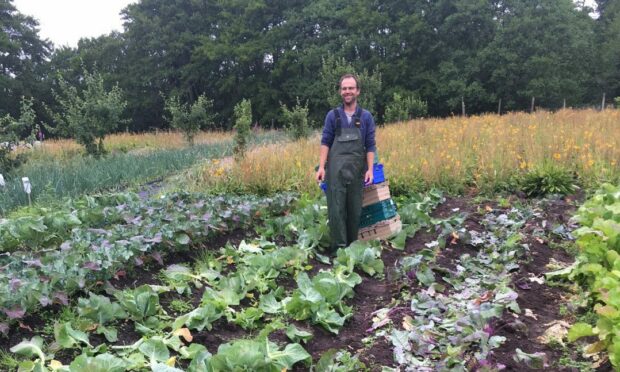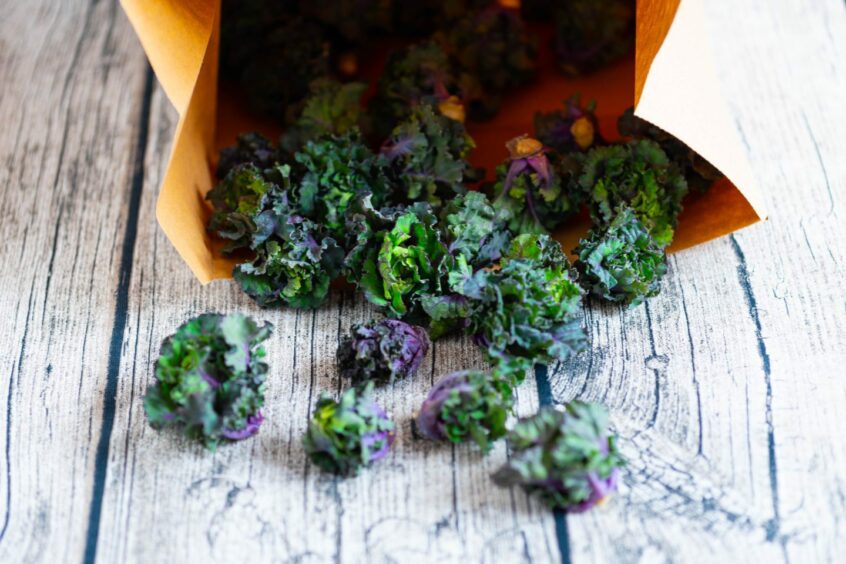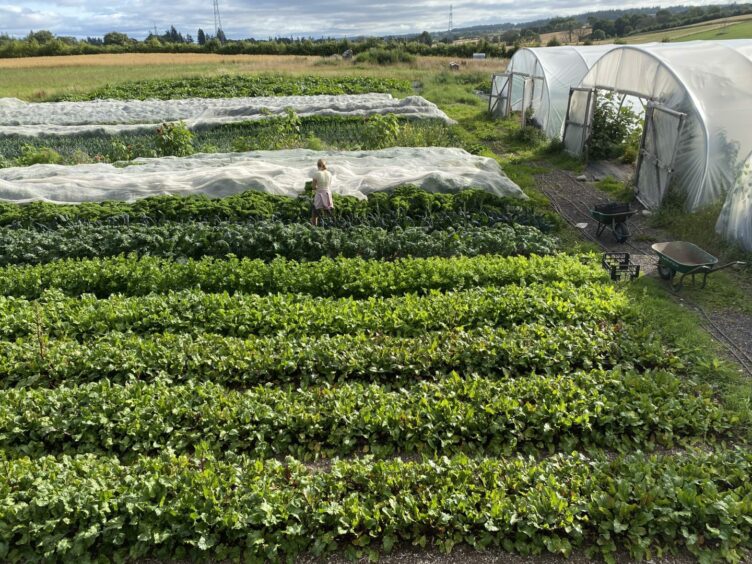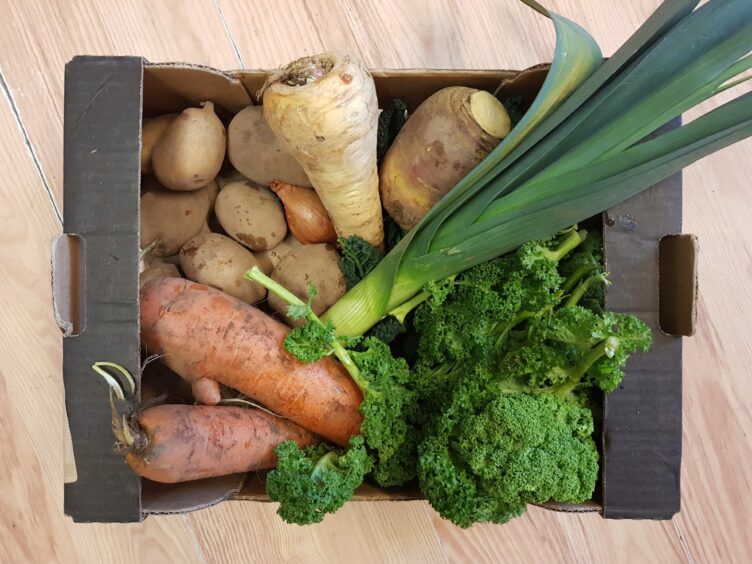If you’re worried by recent news of tomato and pepper shortages, check out the north and north-east’s budding veg box scene.
Asda and Morrisons may be rationing tomatoes, peppers and cucumbers because of poor harvests in the warmer climes that grow them.
But canny shoppers that subscribe to one of the many local veg box delivery services get a steady supply of fresh, organic vegetables.
Plus they side-step the heavy carbon footprint involved in air-freighting tomatoes from Spain and North Africa.
What’s more, some of the veg boxes even contain vegetables you can’t buy in supermarkets.
Ever heard of kalette?
This new hybrid has only been around a decade or so, but is part of the veg box selection at the Natural Vegetable Company, a one-acre organic farm on the outskirts of Inverness.
“I have never seen it in the supermarket but they’re really lovely,” says Iain Sutherland, who runs the farm with partner Cat. “It’s a cross between a Brussel sprout and kale and has little florettes, so it looks like a little flower.”
Demand for fresh, local veg at a high
Iain is busier than ever at the Natural Vegetable Company, and is about to increase output from 65 veg box deliveries a week to 75.
Demand spiked during lockdown and he currently has a 15-person waiting list even though he only delivers within 10 miles of Inverness.
Iain says his customers buy from him because they know they will get vegetables that were picked sometimes less than a day before they show up on their doorsteps.
The freshness means more nutrients are locked. Plus the vegetables taste better, which, he says, makes it easier to form healthier eating habits.
“When you have super fresh stuff, it tastes completely different,” explains Iain. “If you’re going to try to have a healthy lifestyle, you’re more likely to eat the stuff that tastes good.”
Another perk is witnessing the change in seasons through the selection.
Some of the growers add variety to their boxes by including tomatoes and peppers grown in southern Spain or Africa.
However, as most of the vegetables are grown locally, the time of year determines what you get. For example, veg boxes are currently packed with potatoes, carrots, onions and swedes.
‘The prices are that exorbitant’
Those seasonal vegetables may take up even more space in veg boxes over the next few months as organic growers face the same challenges as supermarkets in sourcing European vegetables.
Heather Moore, a director at Newmachar co-op farm Bridgefoot Organics, says the price of red peppers from Spain have jumped from £9 a kilo to £19.
“Because the prices are that exorbitant, I can’t justify putting them into the boxes,” says Heather, who has told her customers that red peppers, tomatoes and cucumbers won’t be appearing in their veg boxes for the next few months.
For Heather, however, this is no bad thing.
“We have to get people back to that way of thinking that we need to eating seasonally and locally,” she says. “It’s better for the soil as well because you are growing it in season.”
Heather admits there is an extra cost to buying vegetables from an organic supplier compared to a supermarket.
Veg boxes are a ‘luxury’
She is also aware that a veg box from Bridgefoot is a “luxury” that some people may not feel is worth it during a cost-of-living crisis. The co-op sells a small box for £12 and a big one for £19, with each box containing about 12 different types of vegetables.
But will shoppers be forced to shop local as shortages such as the current one for peppers and tomatoes become more prevalent?
Not quite, says Daniel Ross, owner of Black Isle Veg Boxes in Fortrose.
“It’s only the salad things that are hard to get,” says Daniel, who is sure the supermarkets will adapt to the current shortfall.
“I think we’ll all survive.”





Conversation